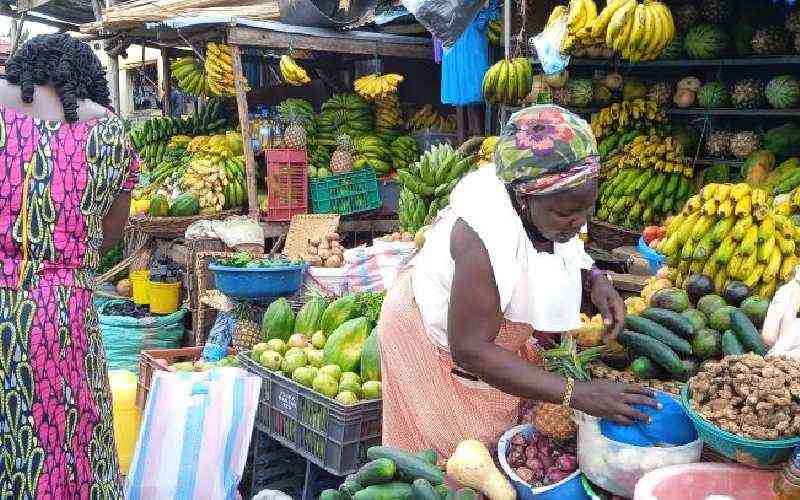×
The Standard e-Paper
Fearless, Trusted News

Women short variety of fruits at the Eldoret Air supermarket. [Peter Ochieng, Standard]
The Central Bank of Kenya (CBK) will meet in two days to decide whether to hold or increase its benchmark lending rate in the face of high inflation and a weakened Shilling.







